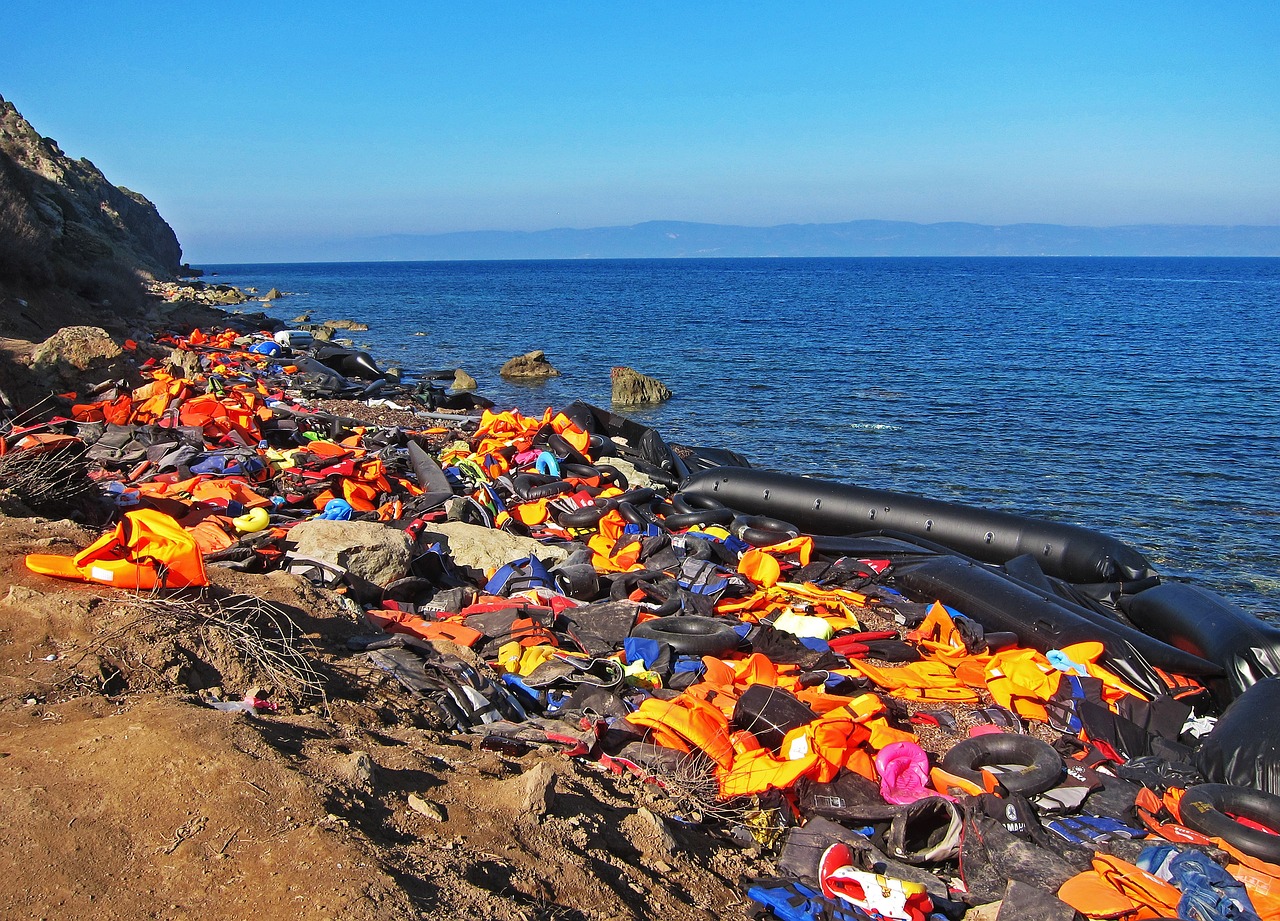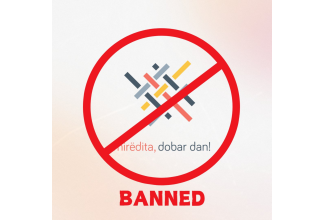New European Union Migration Pact undermines the right to asylum

More people detained at border camps. Substandard, accelerated asylum procedures without the opportunity for legal aid. Crisis regulation that could allow for the complete denial of the right to asylum. The new European Union Migration Pact undermines the fundamental right to seek asylum and will lead to greatly increased suffering of asylum-seekers and migrants.
What is the EU Migration Pact?
The EU’s Pact on Migration and Asylum is the result of three years of negotiations between EU Member states to create a joint migration and asylum policy. On 20 December 2023, the European Commission, Council of the EU, and European Parliament made a deal that will likely be voted on and adopted in the first half of 2024.
The Pact negotiations began in reaction to the European Migration Crisis in 2015, when more than 1 million asylum seekers arrived in Europe fleeing war and ethnic conflict in Syria, Afghanistan, Iraq, Libya, and Eritrea. The pact began with the goal of finding a way for member states to work together to take in asylum seekers equitably, relieving pressure on Europe’s southern border countries that receive the majority of migrants. However, instead of sharing the number of asylum seekers, the pact agreed on a new, byzantine “solidarity mechanism.” This mechanism allows countries to forgo taking in asylum seekers and instead pay into a fund to strengthen borders and to pay countries outside the EU to actively prevent migrants from making their way into the EU.
Among other things, the Pact also:
- Increases the use of substandard accelerated asylum procedures at the border, even for children in families, which will also likely lead to the increased use of detention.
- Allows states to opt out of several EU asylum rules during vaguely defined times of crisis.
- Increases the use of biometrics and surveillance, even fingerprinting children as young as 6 years of age.
What does this mean for refugees?
The new policy’s goal is to prevent refugees fleeing war, persecution, or natural disasters from making it into the EU and once in the EU, will make it more difficult for those requiring protection to receive asylum. In addition:
- Refugees will face a harsh asylum processing system that may send them back to dangerous situations and even death.
- More refugees will die at sea, as border countries will be incentivized to ignore boats in distress.
- Refugees will be forced to stay in or be sent to dangerous “safe third countries.” Already, these “externalisation” policies have led to migrants being abused in Tunisia and tortured in Libya.
The Swedish government has already appointed an investigation into adapting Swedish asylum policy to the minimum level required by the EU. The consequence of the EU Migration Pact and changed Swedish policy will be that a significant proportion of people in flight will suffer or die on long migration journeys. The right to seek and receive asylum from persecution is a basic human right– and more asylum seekers will suffer when they are denied the protection to which they are entitled.


